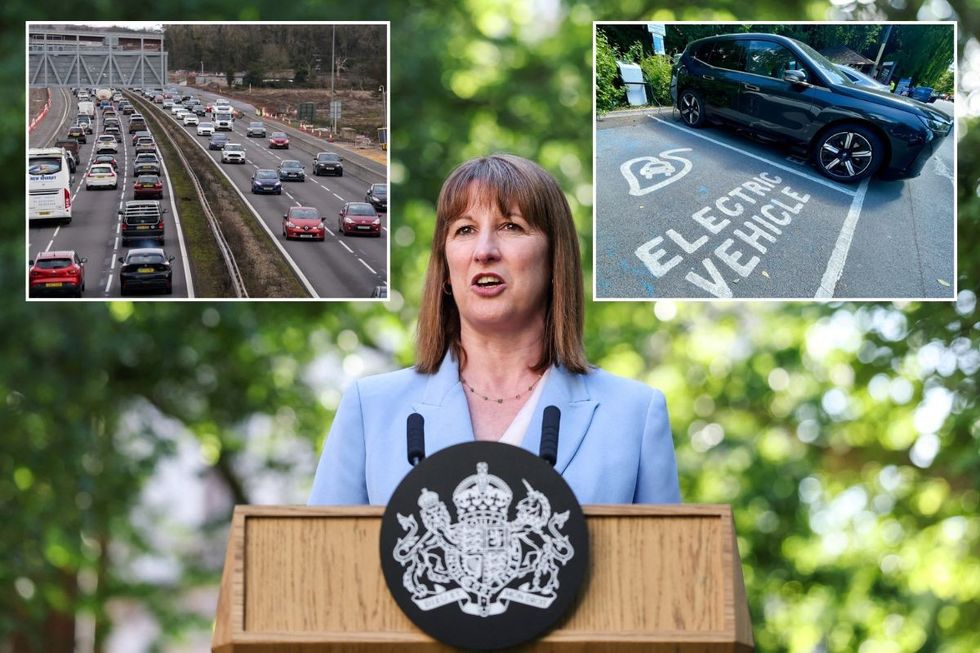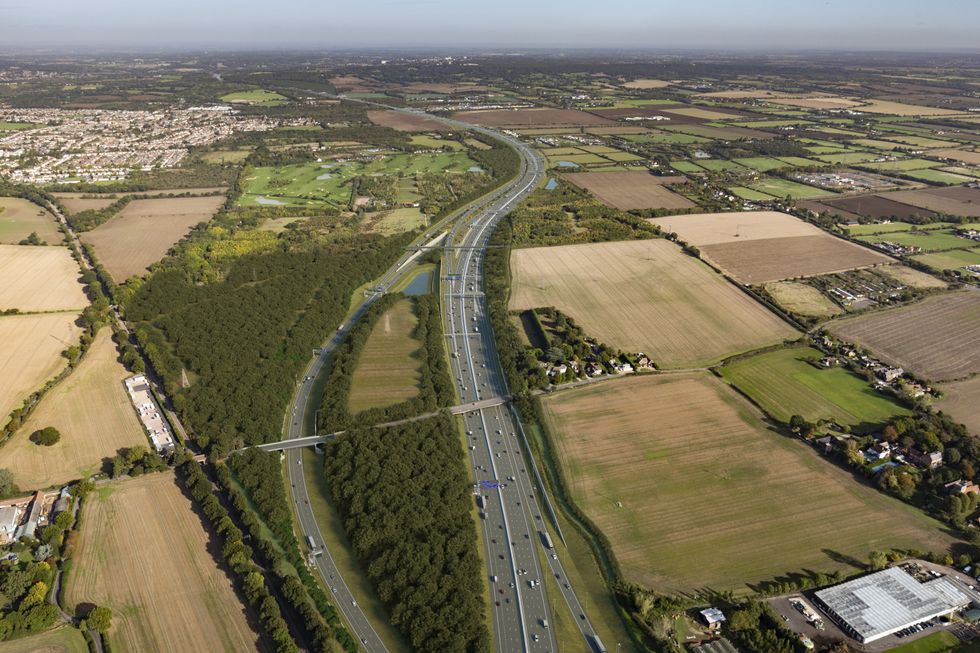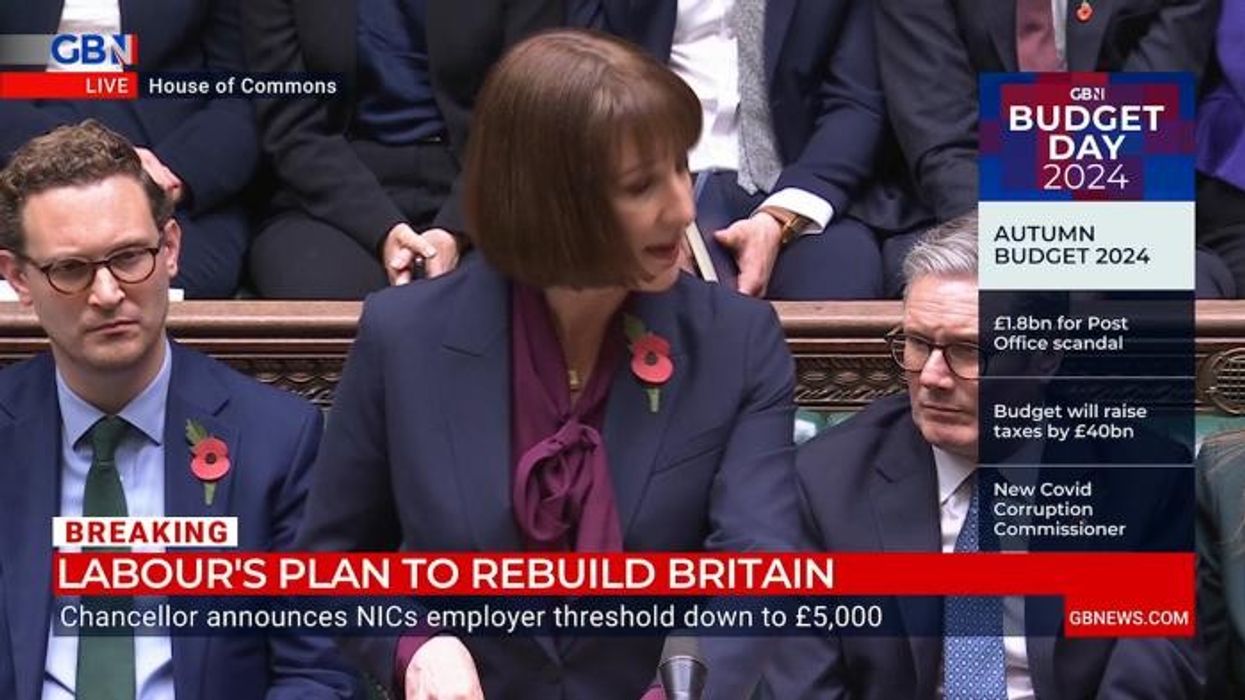Rachel Reeves urged to make major announcement for electric cars and UK roads this week

Funding has already been unveiled for the development of batteries for EVs
Don't Miss
Most Read
The automotive industry is eagerly anticipating the latest announcement from the Chancellor, as she could unveil a massive funding boost for electric vehicles.
Chancellor Rachel Reeves will introduce the Government's spending bill on Wednesday (June 11), setting out how much Government departments will receive over the coming years.
While some funding opportunities have also been announced, many of the final totals for different departments will be confirmed on Wednesday.
The Chancellor has already confirmed that research into longer-lasting batteries will receive new funding, alongside drug treatments.
Do you have a story you'd like to share? Get in touch by emailing motoring@gbnews.uk

Chancellor Rachel Reeves will unveil the UK's spending review on Wednesday, June 11
|PA/GETTY
A staggering £86billion package will be provided for science and technology projects, including one in South Wales.
The area, which has Britain's largest semiconductor cluster, will design microchips used to power electric cars and mobile phones.
Peter Kyle, Science and Technology Secretary, praised the "incredible" funding that will boost "ambitious" research from Liverpool to Inverness, Swansea to Belfast.
New data shows that more than 150,000 new vehicles were registered in May, with almost 33,000 new electric vehicles being sold.
The Society of Motor Manufacturers and Traders (SMMT) has backed the pace of uptake for new zero emission vehicles, but called for greater clarity in the upcoming spending review.
Mike Hawes, chief executive of the SMMT, said this week's spending review was the perfect opportunity to "double down on the commitment to net zero by backing the EV transition".
He called for the Government to halve the rate of VAT for new EV purchases, noting that it would help put two million new electric vehicles on the road by the end of the decade.
Hawes also advocated for the removal of electric vehicles from having to pay the Expensive Car Supplement, which costs drivers £425.
LATEST DEVELOPMENTS:
If a vehicle costs more than £40,000, owners are required to pay the annual rate for five years. Although prices of EVs are falling, many electric vehicles cost more than £40,000, prompting calls for zero emission cars to be exempt.
A third call from Hawes includes a plan to cut the VAT rate on public chargers from 20 per cent to just five per cent to match the rate of home chargers. The expert said these measures would give motorists the confidence to switch.
He added: "Electric van uptake is growing, but remains just over half of the 16 per cent market share mandated for 2025.
"Government support through the Plug-in Van Grant is vital, but further green growth hinges on faster investment in LCV-suitable charging infrastructure - at depots, shared hubs and public locations.

The Green Alliance took aim at the Lower Thames Crossing for taking money away from road maintenance
| NATIONAL HIGHWAYS"Preferential treatment for depot grid connections and efficient planning policy implementation are essential."
Environmental campaign group Green Alliance is also calling for similar measures to be introduced to ensure the UK meets its net zero targets and more drivers can switch to cleaner vehicles.
It calls on the Government to extend the Local Electric Vehicle Infrastructure (LEVI) fund to non-metropolitan areas, ensuring that everyone has access to charge their EVs, even if they don't have a driveway.
Green Alliance has also urged to Government to scrap "low return" road building projects, and instead reallocate the funding to maintain the existing road network.











